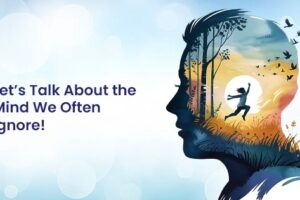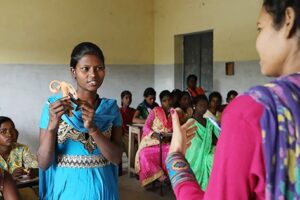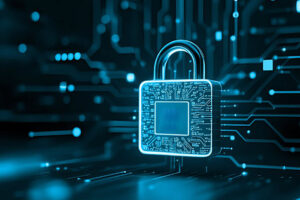
The Ripple Effect: How Clean Water Can Change the World
Water is life. It flows through our homes, our bodies, and our ecosystems, yet for billions, access to clean water and sanitation remains a distant dream. The United Nations’ Sustainable Development Goal 6 (SDG 6) isn’t just about providing water—it’s about transforming lives, economies, and the planet. Imagine a world where every drop of water is a source of hope instead of a carrier of disease, where sanitation isn’t a privilege but a fundamental right. Today, 1 in 3 people globally lack access to safe drinking water, and over half of the world’s population doesn’t have proper sanitation. This crisis isn’t just a humanitarian issue; it’s an economic and environmental challenge that stifles growth and endangers our future. When clean water is available, children can go to school instead of spending hours collecting water. Women, who disproportionately bear the burden of water collection, can engage in economic activities and uplift communities. Farmers can produce more food without relying on contaminated water sources, reducing malnutrition and improving food security. Industries can function sustainably, minimizing water pollution and preserving aquatic ecosystems.
But achieving SDG 6 requires more than just infrastructure—it demands innovation, commitment, and a shift in how we view water as a resource. Solutions like wastewater treatment, rainwater harvesting, and decentralized sanitation systems can provide clean water where traditional pipelines can’t reach. Advanced filtration technologies and water recycling can ensure that every drop is used efficiently. Policies promoting responsible water usage, coupled with education on hygiene and conservation, can empower communities to take charge of their water security. Governments, private sectors, and individuals must collaborate to fund, implement, and sustain these solutions. Every effort counts, from reducing household water wastage to supporting organizations working to provide safe drinking water in underserved regions. Water scarcity is not a distant problem—it’s happening now, affecting millions. Climate change is exacerbating droughts and water pollution, making it even more urgent to act. We must treat clean water as the precious lifeline it is, ensuring it is accessible, sustainable, and safe for all. The ripple effect of clean water is profound—it leads to healthier people, stronger economies, and a more resilient planet. If we unite for SDG 6, we won’t just be providing water; we’ll be unlocking opportunities, restoring dignity, and securing a future where no one is left behind.
By:
S.MONISHA,
Assistant Professor-II,
Department Of Civil Engineering,
AarupadaiVeedu Institute of Technology,
Chennai.



